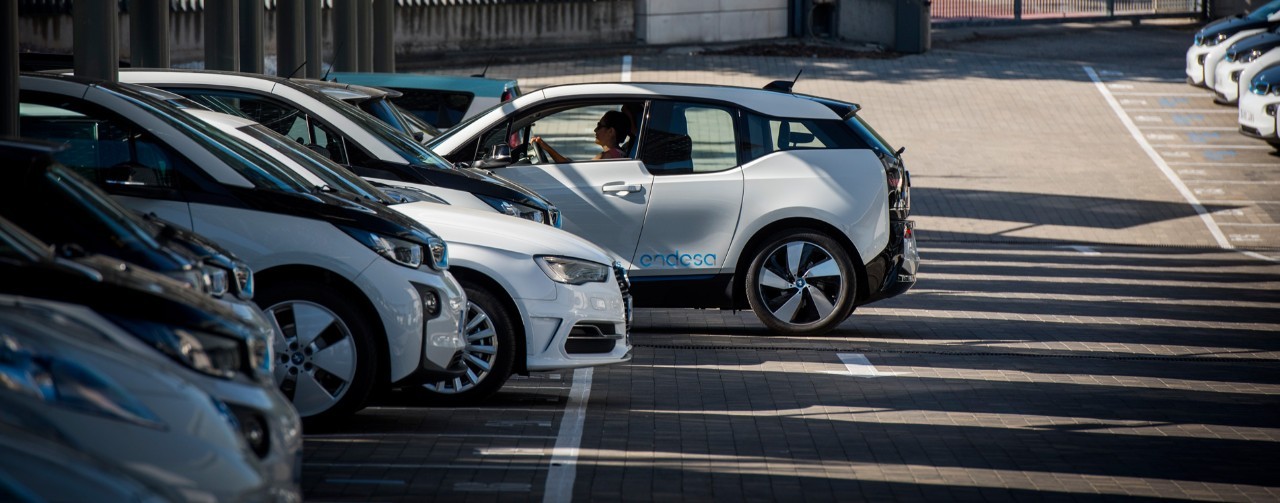
Rafael González, General Manager of generation at Endesa: "To move steadily towards sustainability, it is necessary to decarbonise generation and electrify consumption"
The year 2021 has been a record year in which we have reached generation levels never seen before in a sector such as renewable energy, to which Endesa and the Enel Group have a firm commitment.
The year 2021 has been a record year in which we have reached generation levels never seen before in a sector such as renewable energy, to which Endesa and the Enel Group have a firm commitment. And I do not say this as an intention, but as a reality that we are already building. We have a firm commitment as a Group to completely decarbonise our energy generation by 2040, ahead of the objectives of the European Union.
Last year alone, Enel Green Power managed to surpass 5 gigawatts of new renewable capacity across the world, a huge achievement that represents a 65% increase over the previous year. In Spain, we are the architects of much of this success. We have put into service in the last three years about 2 gigawatts of new renewable capacity, the equivalent of two coal-fired power plants.
This obviously would not have been possible without the effort of all the generation partners, our partners, builders and employees who have contributed to the development, construction and operation and maintenance phases of the plants.
This is just the beginning of the great challenge ahead of us to accelerate investment in renewable energy and the decarbonisation process. As we have announced in our Strategic Plan, our goal is to put into operation in the next three years 4 gigawatts of new renewable power, which implies an investment commitment of more than 3 billion euros.
Perhaps one of the things that most distinguishes us is the application of a model integrating innovation and sustainability. In the construction of the new renewable capacity we are applying advanced robotisation techniques in construction and artificial intelligence models in operation and maintenance.
Both the development and construction projects of the new renewable facilities, and closures of our coal plants, are carried out on a shared-value creation criterion. Our projects are always accompanied by plans to create value in the territory, and include, among others, training programmes, job creation, social and economic development of the rural environment, as well as the preservation and promotion of biodiversity.
Specifically, in our commitment to local communities in the decarbonisation process, we voluntarily present Future Plans with a request for closure of the facilities involved. We are already in the process of dismantling 3 of our 4 peninsular thermal power plants and we do it by putting people at the plant, hiring local labour, relocating colleagues and developing industrial future plans (Futur-e) for these areas, because we have them in place to enable all of us to move forward together in this new phase. We are implementing a model of fair transition, an inclusive process with sustainable growth.
To move steadily towards sustainability, it is necessary to decarbonise generation and electrify consumption with an in-depth transformation not only of the way we produce energy, but also of how the energy that powers our economy and society is distributed and consumed.
Related content


Return of The Tour of Spain in Electric Vehicle

How to stand up to extreme weather events: Network resilience

The transformation in the power distribution grids
.jpeg)
MONICA, real-time control of the distribution grid






